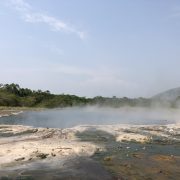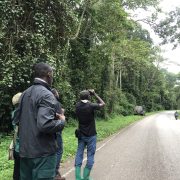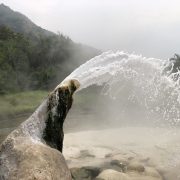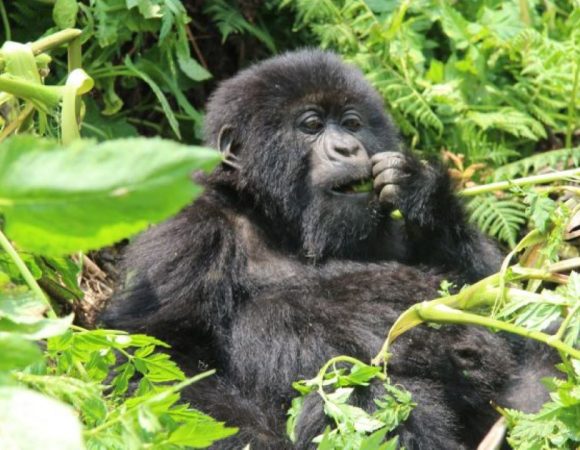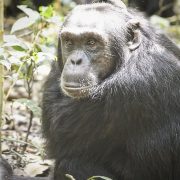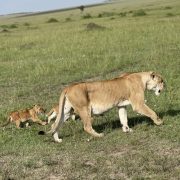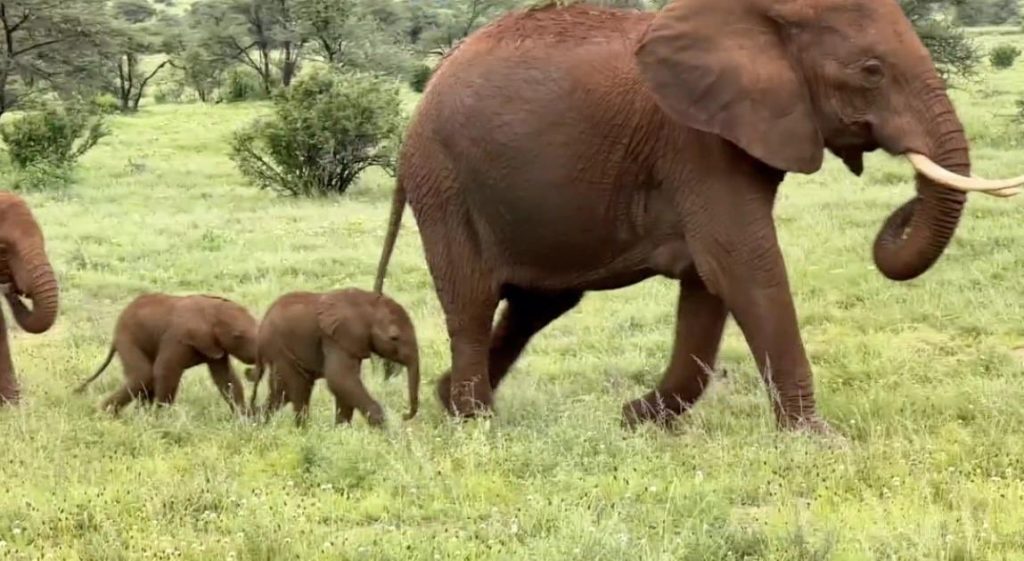
Exciting News! Rare Elephant Twins Born at Kenyan Park
Kenya’s Samburu National Reserve received exciting news of the birth of Elephants twins in the month of November 2023. The baby calves were born to a mother elephant named Alto who is a resident of Samburu National Reserve. This comes as incredible news for Kenya, animal lovers, conservationists and the Kenyan tourism industry. African Elephants are an endangered species and have been listed as “vulnerable” on the International Union for Conservation of nature (IUCN) Red list of Threatened species. The news of a new birth is always a joy and when it is twins it calls for more celebration.
Samburu National Reserve is located in Northern Kenya and is well known for its abundance of wildlife and incredible animal sightings while on a safari in Kenya The Greater Laikipia-Samburu region has the largest population of elephants and Samburu National Reserve alone is home to about 900 elephants making the large herds of elephants one of the main attractions in the reserve. The reserve is diverse with lush habitats and an array of mammals and birds. Aside from elephants the reserve is home to zebras, reticulated giraffes, Somali ostriches, lions, warthogs, striped hyenas, Grant’s gazelles among other animals. The park is also rich in bird life as it boasts of over 380 species of birds.
The birth of the rare set of twin elephants is therefore positive news for Samburu National Reserve and is also testament for the great ongoing conservation work in Kenya. Save the Elephants, a research and conservation organization also received this news with great joy and took to their Instagram post sharing that “Alto from the Clouds has astonished us with her own set of twins. Her two adorable female calves, estimated to be just days old were first spotted by our researchers in Samburu National Reserve this week.”

Alto’s twin calves are both female and the mother elephant according to researchers in the reserve anticipate that she will take good care of her new borns as she is healthy and strong. The birth of this set of twin elephant calves is not a first for Samburu National Reserve, this is the second time in a span of two years that an elephant in Samburu is giving birth to twins. Another mother elephant named Bora also gave birth to twin calves in recent times, one twin was female and the other male. Sadly one of Bora’s twins passed away and it was disheartening to lose the twin calf that was born into a severe dry spell in Northern Kenya around November 2022.
About Elephants and why we should conserve them?
African Elephants are large mammals that are mixed feeders that feed on grass, bushes, reeds, fruit and bark reaching up to 20 feet (6m) to pluck fruit or pull down branches. Elephants have bulky bodies and are large mammals, watching them feed and stroll in their natural habitat is always a beautiful sight. Elephants live in herds of nine to eleven females with their calves and led by the biggest oldest elephant, this makes up their typical social unit that stays and forages together. When groups grow larger they slip into two or three family groups but they live in the same area and associate most times.Kenya’s Samburu National Reserve hosts large herds of these big Tuskers and is one of the best places in Kenya to see elephants in large numbers. Amboseli national park in Kenya also offers wonderful elephant sightings.
Over the years the population of elephants across the world has faced a major decline and this is due to poaching as elephants are hunted for their tusks, a terrible human activity. Several conservation organizations and country tourism bodies have played a commendable job in conserving elephants by establishing sanctuaries for orphaned elephants, educating local communities about conservation and saving elephants from poachers.
Conserving and protecting these lovely animals is important for us all and is something that we should all be involved in as elephants deserve to exist peacefully in their natural habitat without threats of being killed. Although you might not be able to physically work with elephants in the different sanctuaries and parks you can consider being involved by donating to conservation organizations like Save the Elephants and Sheldrick Wildlife Trust. Another great option to support conservation work is to go on safari, visit the national parks and reserves as a percentage of the proceeds from park entrance fees go towards to conservation of wildlife and community engagement projects.

